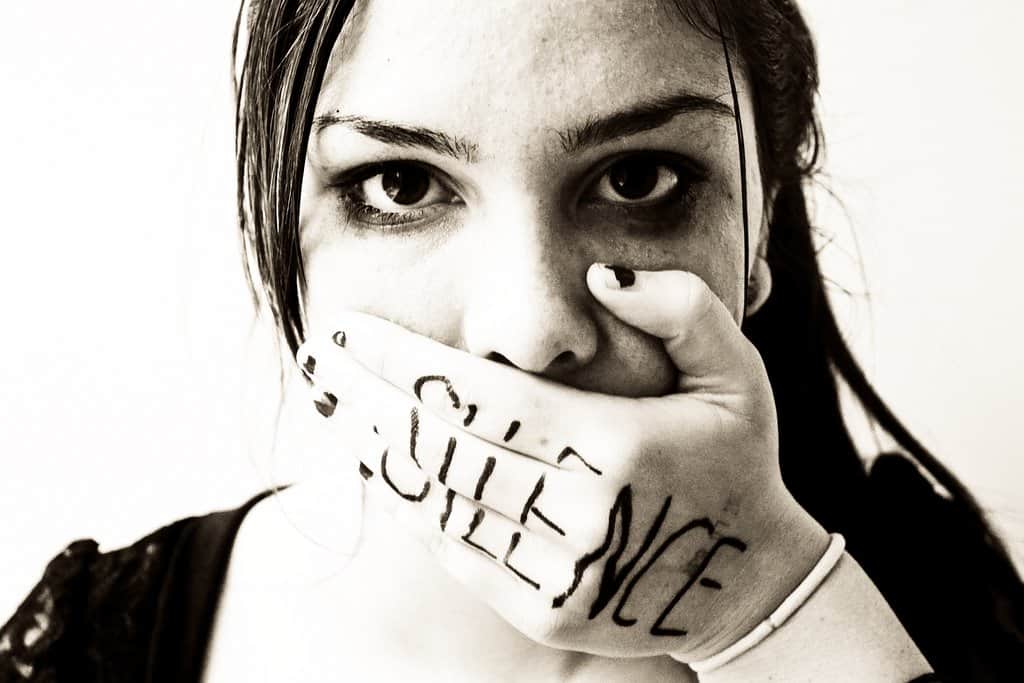As a white, prep school educated man, I typically live without the need to question the ways I relate to women, sexual assault, and gender violence. Recently however, #MeToo has made it impossible for me to not stop and examine my life, my behaviors and attitudes, and the way the world simultaneously forms me and I it.
I learned toxic masculinity and dominance in a Catholic, Jesuit, all-male high school. I absorbed from my peers and my school environment a sense of entitlement and self-made prestige that others would and should absolutely desire me. I thrived on male-centric views: I was taught a constant need to compete, to conquer, and demonstrate how I am elite. White, class, and male privileged intertwined to teach me that I am special and stand above others.
I learned toxic masculinity from a broader culture that taught me to pressure, coerce, and to expect. I learned that I am owed. I think back, painfully acknowledging that I expected women would want to date me, would want to be physically intimate with me. It wasn’t until college when some of my female friends began challenging these subtle but dangerous attitudes. These same attitudes, however, still haunt me. I’ve since apologized to all of my former partners for being pushy, self-centered, or controlling. These apologies are by no means complete, but simply a starting place for reconciliation.
Yet I have, even as a Jesuit, continued to fail. Despite my vow of celibacy, I often catch myself analyzing how a woman is attractive rather than appreciating her for her full humanity. I say nothing when fellow Jesuits and clergy deride feminism. I stand by and watch as male-dominate circles and discussions continue excluding the voice of women, especially women of color and transgender persons.
Toxic masculinity (not so) subtly influences all aspects of how I problematically understand the world. Take a recent example: a few weeks ago, a TJP reader politely commented on my piece about guilt, asking why I failed to include women in the article. She further asked if I included women in my class. While I wanted to assure her that I am excellent about respecting and including women, I truthfully fail. We cover sexism in my junior class, especially the language that my all-male classes use to discuss sexuality. But rarely am I forced to stop and self-assess.
***
The incredible number of women sharing their stories has left me saddened and shaken. Statistics on sexual violence and harassment have allowed me to observe from a distance. The stories have faces I know and love have cut through my heart. I have pain – but having never been the victim of sexual harassment, I cannot know the pain, frustration, hurt, and myriad of emotions that accompany these acts of violence.
My sorrow, rather, is in knowing that I have caused and perpetuated that hurt. Mine is a sorrow of guilt. Mine is knowing that it shouldn’t have taken stories of loved ones for me to care and feel more fully. Mine is wondering if my vocation in an all-male religious community perpetuates that which I want to tear down. My sorrow is my conscience on its knees begging me to delve into my hardened heart, to open it to God and neighbor.
I’d love to apologize and go back to comfortably occupying my male-dominated spaces. I’d love to tweet some catchy statements and feel better about myself. But #MeToo is forcing me to sit, to stay, and to pray. It is forcing me to listen, to accompany, and to examine my history and my heart.
This prayer must lead to action. In honesty, I am not totally sure what exactly that action should look like. I would like those actions to be a matter of listening to victims. I want to give up the the space and voice I typically occupy and move aside for those who I often ignore or forget. I would like to hear from women and other victims of harassment of how to best change our culture and injustices. This is not to place the burden on them or assume that victims owe us their stories and solutions; rather, I recognize whatever I do will be incredibly incomplete without their input and leadership.
I would like to thank the women who have shared their stories, offered vital criticism, and demanded justice. I would like to thank and recognize women of color and transgender persons, whose stories are often the most ignored and forgotten. I pray that we as men (yes all men) can make space to listen, to sit with those stories and situations that make us uncomfortable, to examine our lives, and grow into action.
-//-
The cover photo is courtesy of Ashley Rose of the Flickr Creative Commons.


